CAST OF CHARACTERS
Not all characters are pictured as some characters are fictitious in the novel. As for the others, without wealth or connections during this period in history, it was unlikely a person’s portrait was sketched or painted.
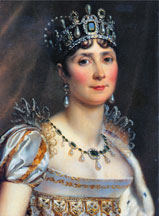
Rose de Beauharnais/Josephine Bonaparte: Friend, mother, “Lady of Bounty”, Napoléon’s “Lucky Star”, and First Empress of the French.

Alexandre de Beauharnais: Josephine’s first husband, soldier, vicomte, and President of the National Assembly.
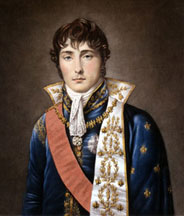
Eugène de Beauharnais: Josephine’s son, accomplished soldier, and Viceroy of Italy.
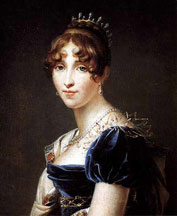
Hortense de Beauharnais: Josephine’s daughter and Queen consort of King Louis Bonaparte of Holland.
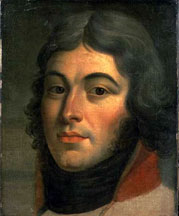
Hoche Lazare: Lover, general in the Revolutionary army.
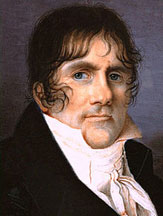
Paul Barras: Lover, vicomte, executive leader of the Directoire.
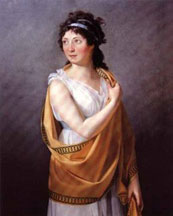
Teresia Cabarrus/Madame Tallien: Friend, wife to Tallien, “Daughter of the Republic.”
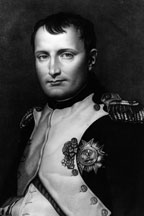
Napoléon Bonaparte: Josephine’s second husband, general, First Consul, Emperor of France and Europe.

Josèph Bonaparte: Brother-in-law, Napoléon’s older brother, King of Naples and Sicily, and later King of Spain.
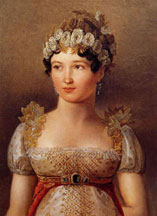
Caroline Bonaparte/ Caroline Murat: Sister-in-law, Queen Consort of Naples and Sicily, Princess Consort Murat, Comtesse de Lipona.
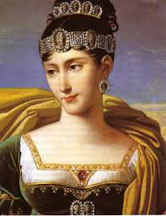
Pauline Bonaparte: Sister-in-law, younger sister of Napoléon, sovereign Duchess of Guastalla, Imperial French Princess and the Princess consort of Sulmona and Rossano.
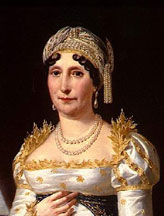
Letizia Bonaparte: Mother-in-law, mother of Napoléon, Madame Mère de l’Empereur, Imperial Highness.
JOSEPHINE’S HAUNTS
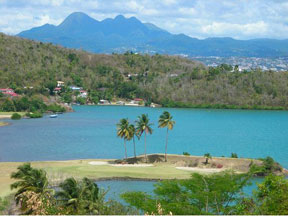
Les Trois Îlets: Josephine’s birth place in Martinique.
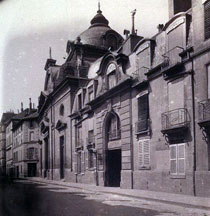
Abbaye de Panthémont: The abbaye where Josephine moved with young Eugène when she separated from her first husband, Alexandre.

Fontainebleau: This is the wooded town a little over 30 miles southeast of Paris where Josephine, Aunt Désirée, and Fanny lived when financial hardships arose before the Revolution. This also happens to be where the Château de Fontainebleau, built by François 1st is located. Napoleon gave his final goodbye to the Old Guard before going into exile in the courtyard of this famous chateau.
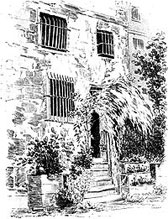
Prison desCarmes: Said to be the most heinous prison during the Revolution and Josephine’s own place of imprisonment.
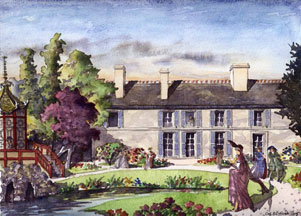
La Chaumière: Teresia Carrabus lived in this cottage near the Seine and hosted many a fete here with her powerful husband Jean Lambert Tallien. (Picture credit: http://christianbenilan.wifeo.com)
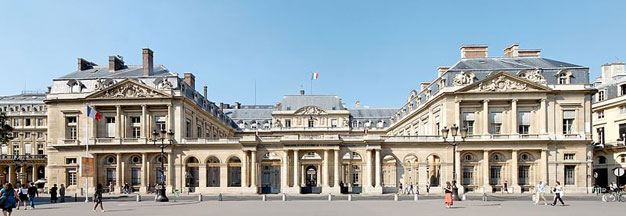
Palais de l’Ègalité/Palais-Royal: Home to the infamous Duc d’Orleans, later called himself Philippe d’Égalité after the French Revolution until his death via guillotine. Paul Barras later renovated the palace.
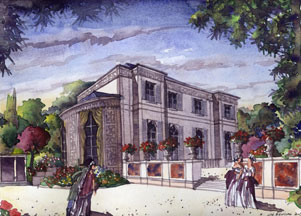
Rue de la Victoire/Rue Chantereine: The location of Josephine’s home, purchased by her lover Barras. Napoleon moved in with her once they were married and the street was renamed rue de Victoire when they returned from the Italian Campaign. (Picture credit: http://christianbenilan.wifeo.com)
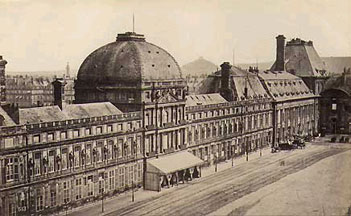
Palais de Tuileries: Former home of kings, and official residence of the First Consul and the Imperial Palace.
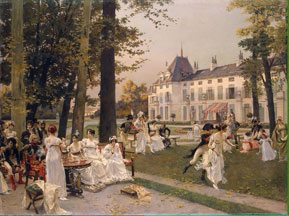
Malmaison: Josephine’s beloved home outside the city of Paris, originally composed of 150 acres of land including vast gardens, vineyards, and farmland.








